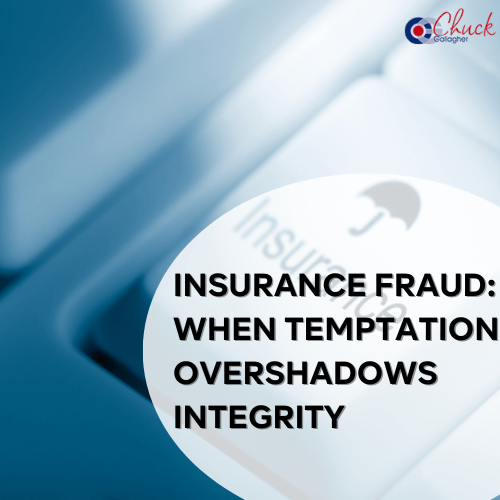 “Dude, look at this!” I recently heard while waiting in line to board a flight. I looked over at two, college-age students placing in-game bets before we boarded. They “hi-fived” one another, assured they would make easy money when the plane landed.
“Dude, look at this!” I recently heard while waiting in line to board a flight. I looked over at two, college-age students placing in-game bets before we boarded. They “hi-fived” one another, assured they would make easy money when the plane landed.
As an ethics keynote speaker, ethics consultant and author, the ease and prevalence of online gambling bothers me. In an Associated Press article by David A. Leib (September 10, 2023), “As sports betting spikes, help for problem gamblers expands in some states,” we are told:
“Legal sports betting operators took in $220 billion during the past five years, generating $3 billion in state and local taxes.”
That’s a lot of money all the way around. However, the dirty ethical secret of online gambling is the rise of addicted gambling and all of the problems it brings. In that five-year period since the U.S. Supreme Court said “Yes” to gambling, more that 75-percent of state legislatures have approved gambling and obviously the money it brings.
The major problem is there aren’t enough funds to cover gambling addiction treatments or mitigation.
“The funding is starting to flow, but the amount is still clearly inadequate in most states,” said Keith Whyte, executive director of the National Council on Problem Gambling. He added: “Most of these amounts are token.”
Why was this not thought out?
Despite the billions in gambling revenues that have found their way into state coffers, statistical information shows that on an annualized basis the same states spend less than 40 cents per person on gambling addictions. Nine states allegedly spend nothing and the most of any state, Massachusetts spends a paltry $10.6 million.
The statistics on gambling addictions are sobering to say the least:
About 3.5 million Americans suffer from gambling addictions, however that is but a small piece of this dismal puzzle. Research shows that alcohol abusers and gamblers have a risk factor that increases 23-fold. Even worse (such as what I witnessed waiting to board my plane), 750,000 teens to young adults suffer from an addiction to gambling. Roughly 4-percent of all gamblers are addicted to the habit.
Nationwide, legislators have found that states are all too willing vote for online gambling however, relatively few states are on-board with spending any money to provide assistance for a gambler who has gone out of control. No one bothered to think through the addiction problem.
According to the AP article:
“Research indicates that younger, higher-educated men are among the most likely to bet on sports. Technology has raised the stakes for those with compulsive habits. In many states, people can now wager from anywhere with the tap of a smartphone app, 24 hours a day, betting not only on the winners of games but on a seemingly limitless series of events that occur during the games.”
The two young men I observed fit the demographic to perfection.
Who pays?
As an ethics keynote speaker, ethics consultant and author I have learned that statistics on any “addictive behavior” cover only a small percentage of the problem. A self-identified addicted gambler is one thing however, there are tens-of-millions of peripheral gamblers who never admit to problems and they inflict tremendous damage on their families and loved ones.
One line from up above really got my attention:
“750,000 teens to young adults suffer from an addiction to gambling”
First of all, “teens” are generally prohibited from gambling, so they lie. Since accounts must be linked to credit cards, who pays for the losses and how are the balances restored? I don’t know how the young men boarding my flight secured credit cards – and hefty credit lines, but the larger issue is how did they recoup their losses? Unfortunately, it usually falls onto parents and guardians.
Winning is exhilarating, I get that, but gambling organizations don’t make money on the winners. There must be a national ethics forum on problem gamblers under the spotlight of truth. It doesn’t appear to be happening. Until the same government that approved gambling approves studies and remediations on circumventing the tragic effects of gambling, the secrets of gambling will remain dirty.


